
VMA 2019: Latinos steal the show breaking Trumpian stereotypes
The participation of Latino artists in VMAs is the best resistance example in times when the Trump administration seeks to intimidate our community.
A new edition of the MTV Video Music Awards was held in New Jersey last Monday. The award ceremony is the epicenter of the teenage market trends. If at some point Madonna was the center stage with Like a Virgin for the delight of generation X, today it’s reggaeton and trap for the massive consumption of millennials and generation Z.
Trends in the local market come together in the famous channel’s videos and programs – and perhaps saying "local" sounds laughable in a country with 320 million people.
For that matter, the fact that Trump continues to echo prejudices against Latinos sounds just as funny.
Stars like Ricky Martin or Mark Anthony caught the ears of American music market specialists in the 90s. With Despacito in 2017, the quality of a group of Latino composers - Erika Ender, Luis Fonsi, and Daddy Yankee- was complete, and they were ready to win over a niche in the market.
It was then when the sticky rhythm of the song seduced North America’s most idolized child -Justin Bieber- and gave the last nudge to the Latino expansion into the market.
This year, the VMAs reflected - not only in the number of artists but also in awards won - how Latino creators have taken over the market and spread their roots, both through second-generation immigrants and a new wave of Latinos who have recently arrived to join the music industry of the United States.
The Cuban Camila Cabello sang her Spanish-titled song: “Señorita.” The Catalan Rosalía won two awards for her single “Con Altura” with Colombian J Balvin and performed her latest hit with Ozuna: “Yo x Ti, Tu x Mi,” showing that she can combine reggaeton glints and Flamenco nuances while also proving the existence of a modern Spain.
RELATED CONTENT
Meanwhile, the CNCO boy band had a small performance during the red carpet, while rapper Cardi B - daughter of Dominican and Trinidadian immigrants - took home the Best Hip Hop award for her extravagant single “Money.”
Likewise, the kings of the mainstream, Bad Bunny and J Balvin, sang “Qué pretendes” from their latest album entitled Oasis, in a show that proved reggaeton can be seen outside the macho prejudice without half-naked women dancing around the performers, but through a funnier formula with costumes in line with the album’s concept.
Beyond awards and artists, the impact of Latino culture on events such as the VMAs closes ties with a younger public, eliminating racial prejudices so deeply rooted in American culture and thus reflecting a population of about 57 million people with Hispanic roots that also constitute 17.8%of the country’s population.
And that is reggaeton, a genre that is sung like rap but danced with more movement and ease. It represents el orgullo Latino and identifies a political and cultural community within a globalized country, just as American folk or pop did back in the day.
Latino politics have countless leaders and diverse ideologies, but one single rhythm. Surely reggaeton will sound strong during the 2020 presidential elections, in the prelude to the most important battle against Republican prejudice.



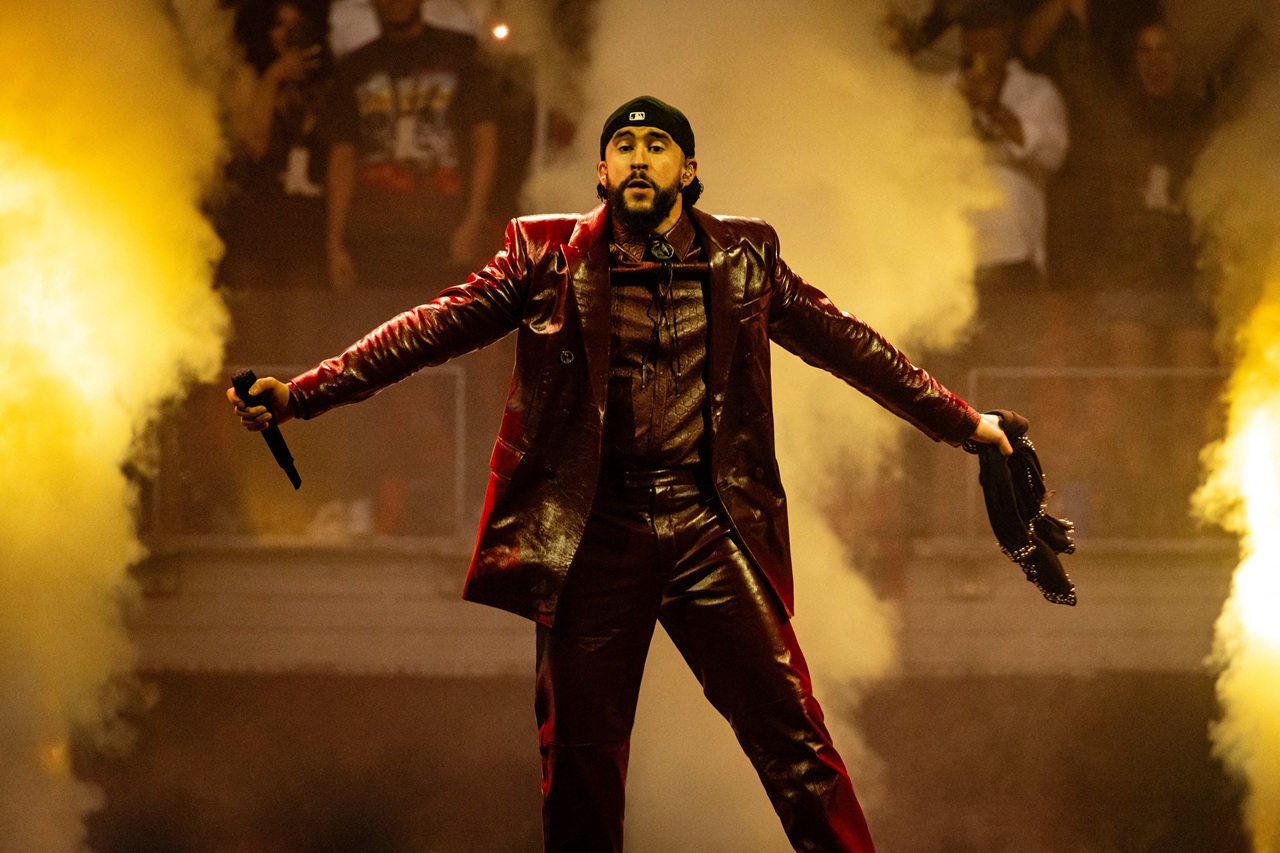
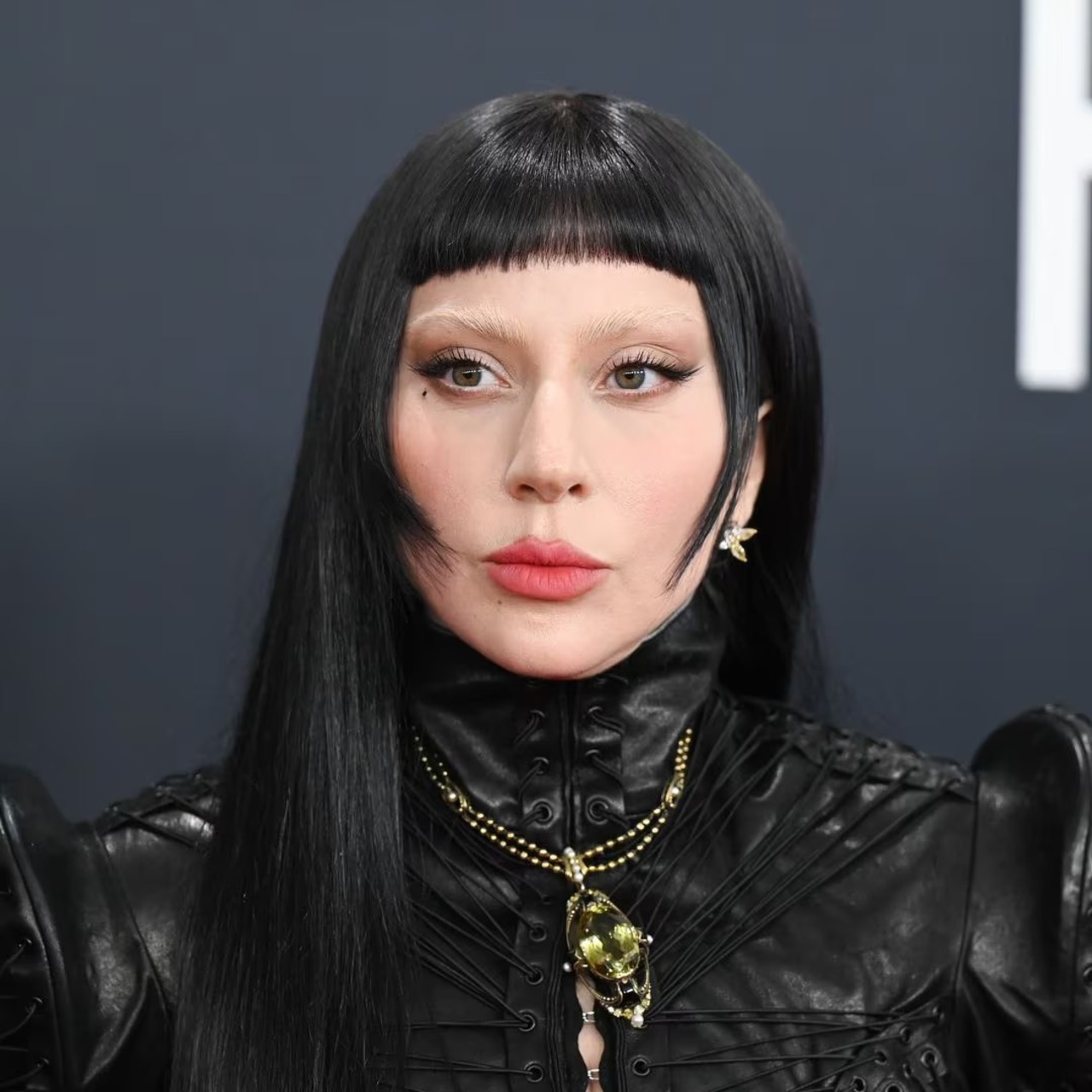
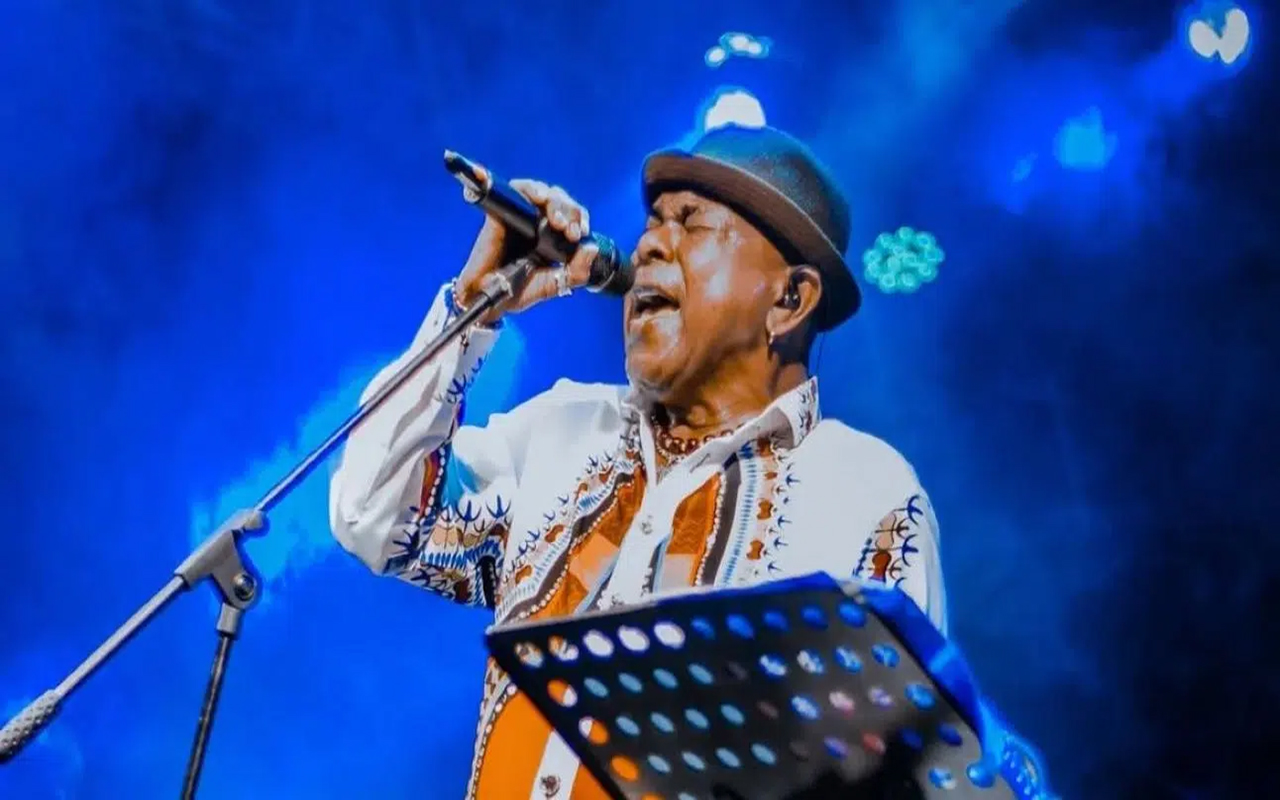
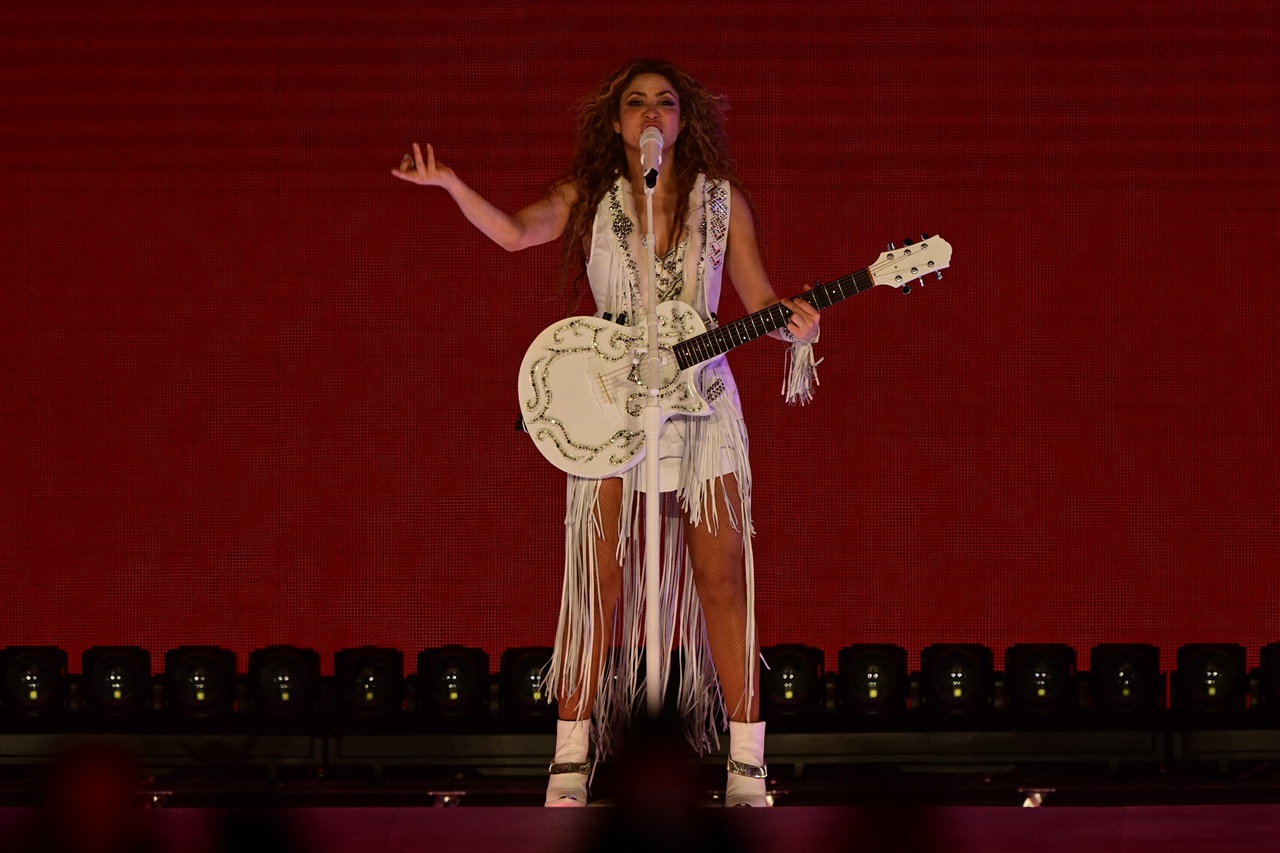
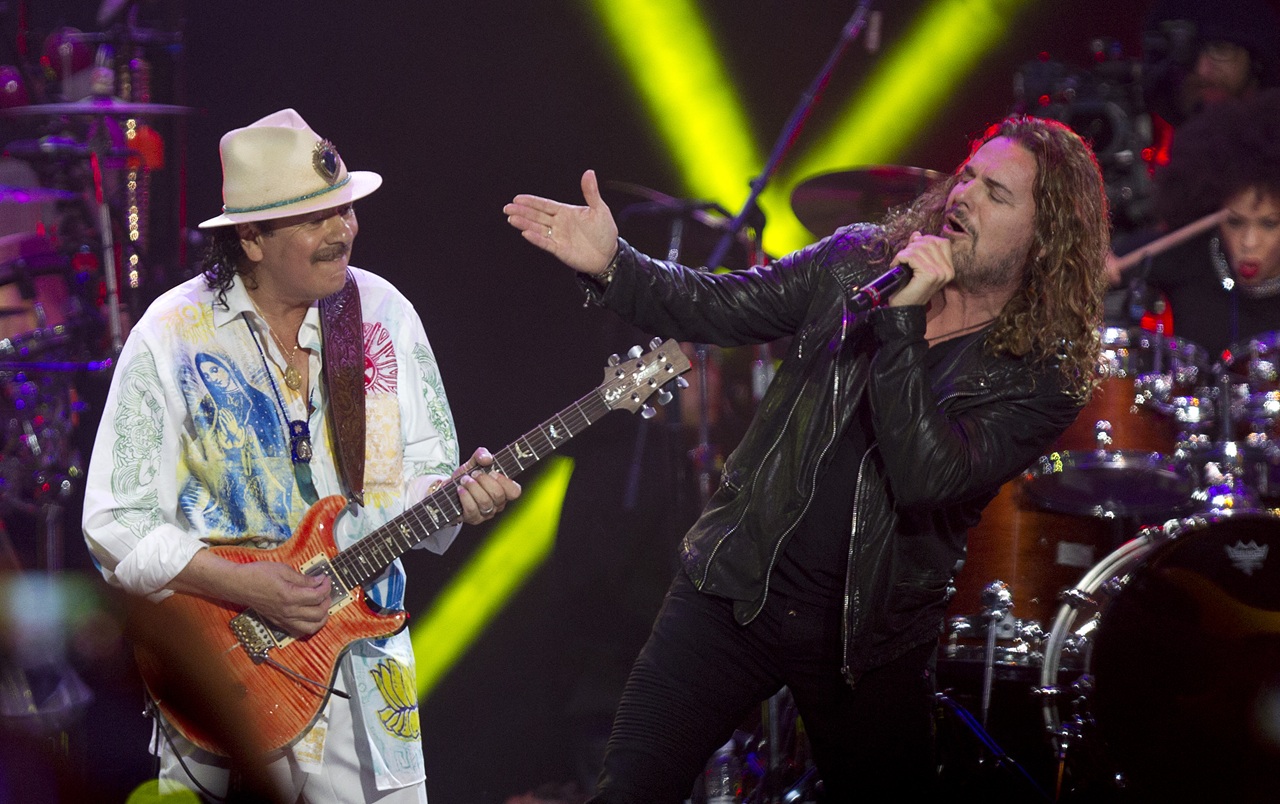

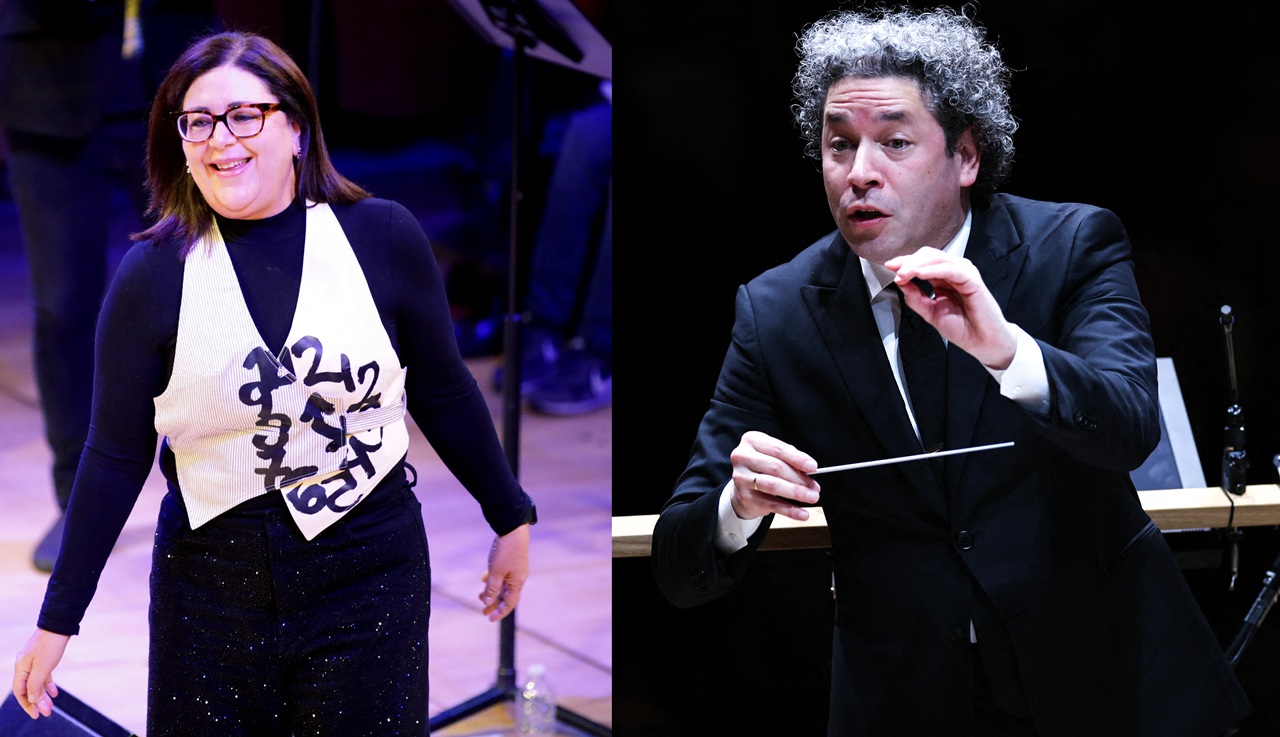

LEAVE A COMMENT: